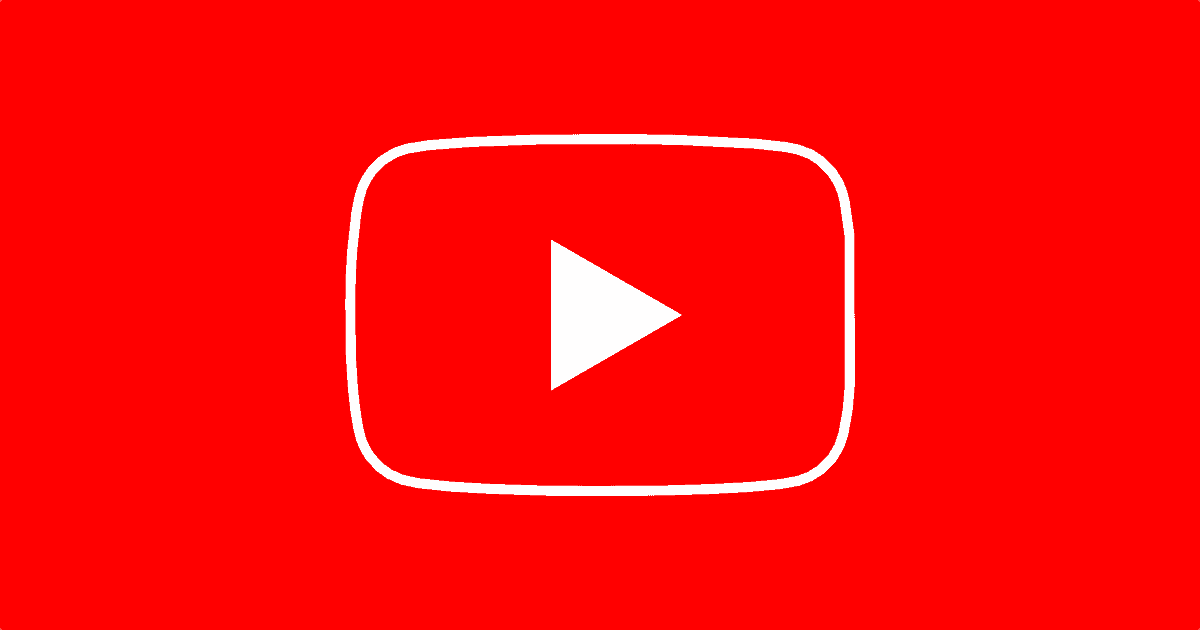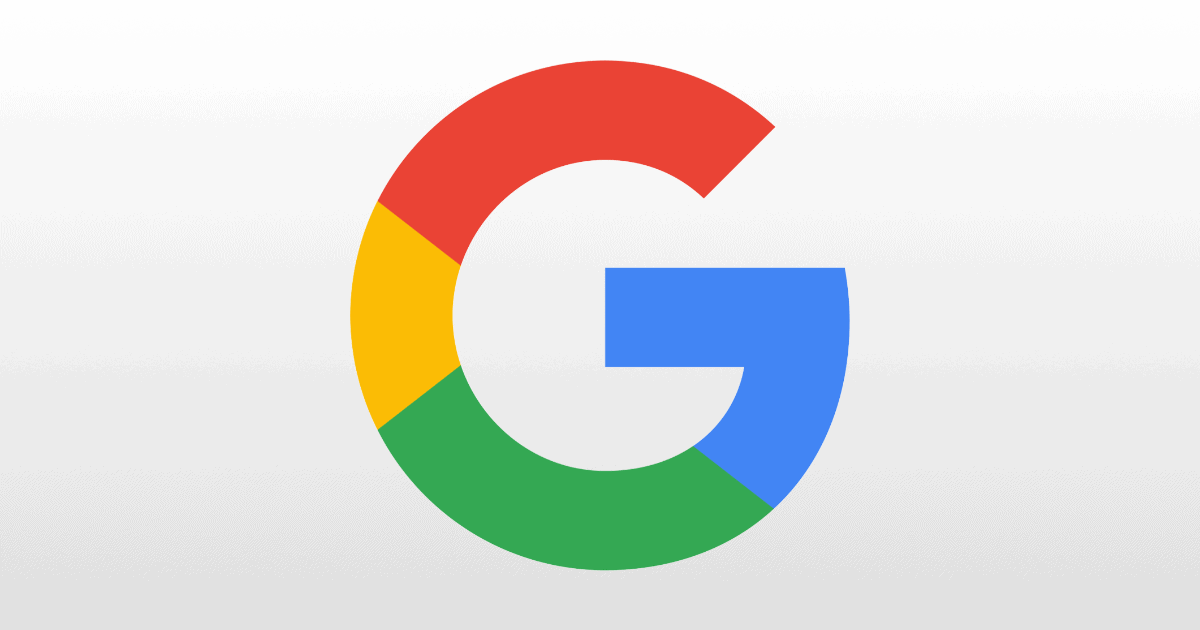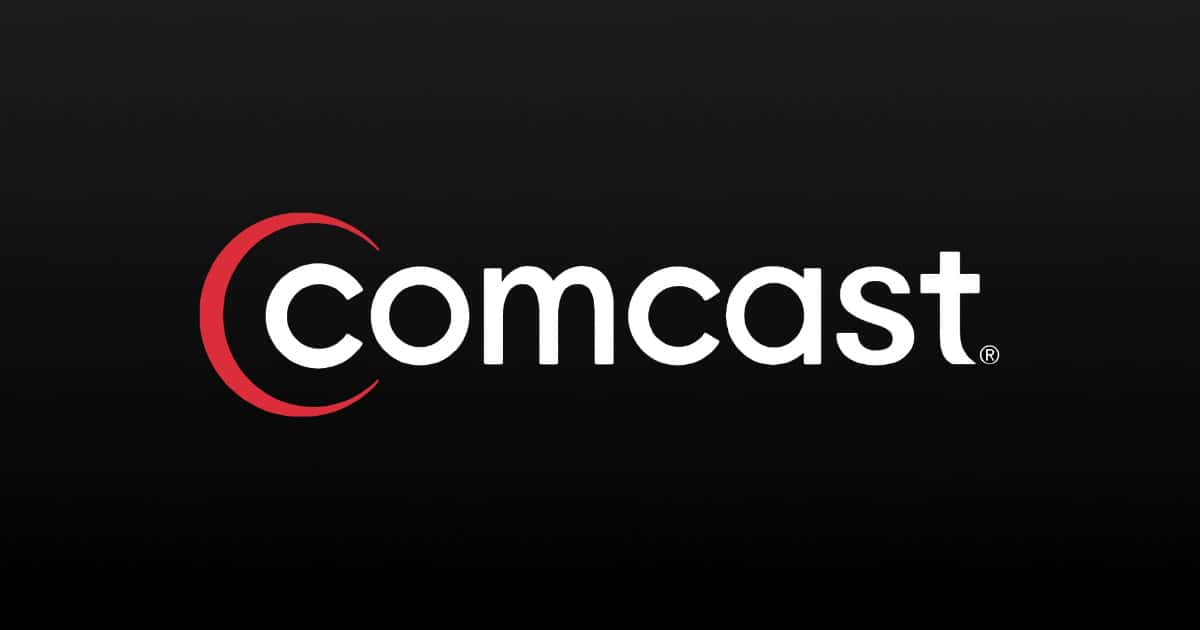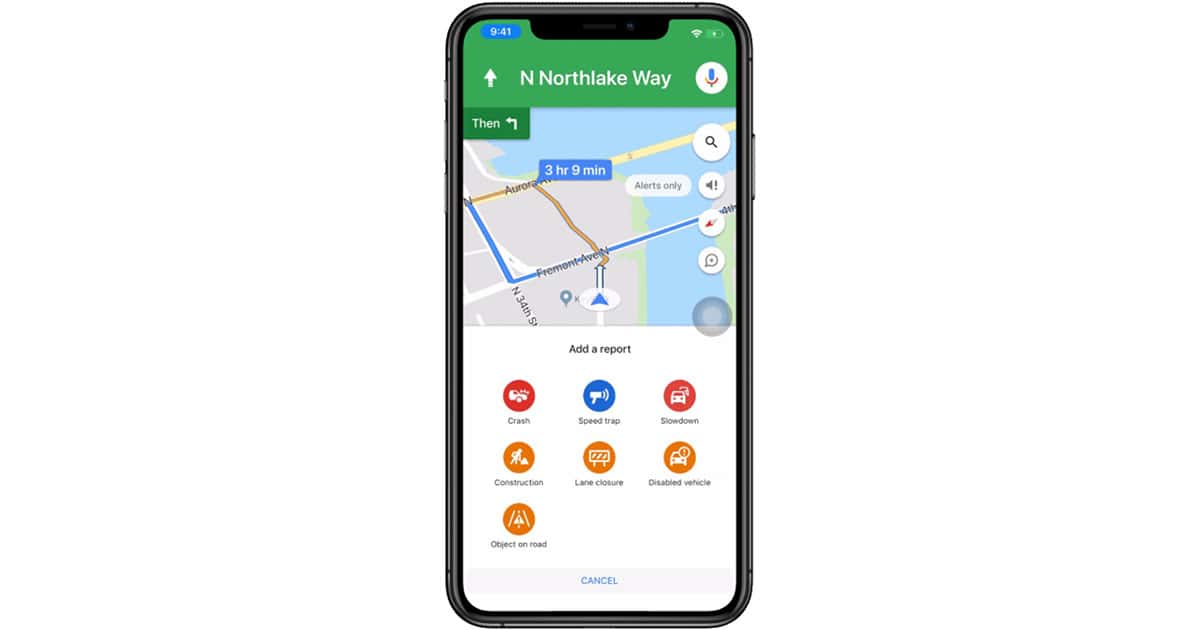The Federal Trade Commission is considering a revamp of the Children’s Online Privacy Protection Act (COPPA). Google wants to help them change the rules, and asked the agency to eliminate rules that categorizes anyone watching kids content online as actual kids.
In September, Google agreed to pay US$170 million to the FTC to resolve claims that YouTube violated COPPA by serving targeted advertisements to children under 13…After the FTC settlement, YouTube told creators that they would have to identify when videos are aimed at children under 13. When that happens, YouTube now turns off ads that rely on web browsing behavior and other targeting data, which earn more for YouTube and creators.
















